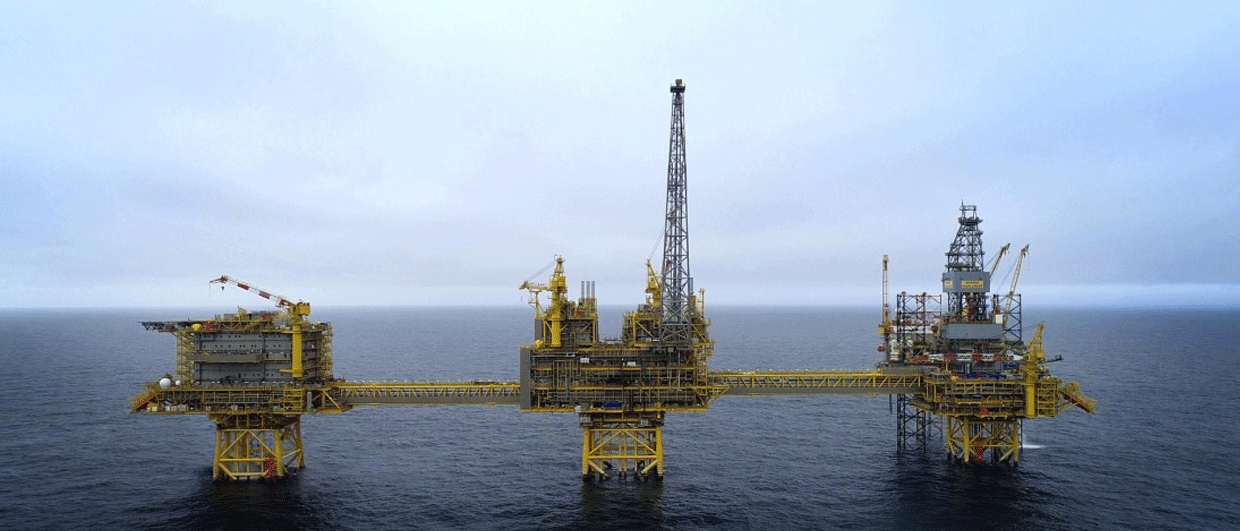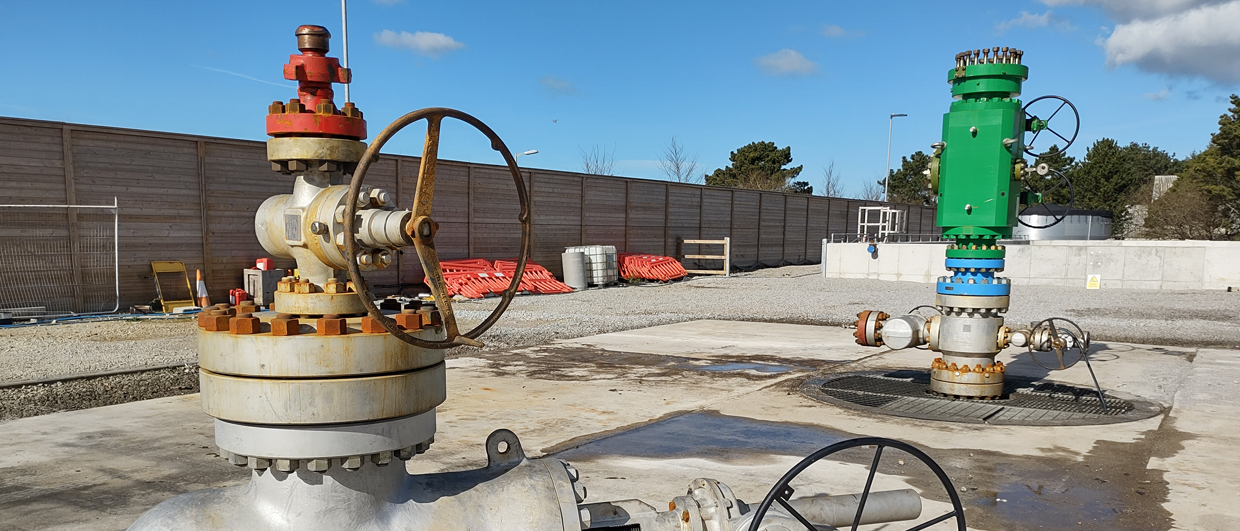In anticipation of the tax changes announced by the UK government in October 2024, corporate merger and acquisition activity accelerated in 2024 and into 2025. These deals involved companies looking to acquire producing accretive cash assets that are non-core to the seller. Single exploration asset transactions stopped. The corporate deals include majors combining business units to create larger partnerships, taking advantage of synergies, including reduced costs, consolidating tax liabilities, and future profits.
The process started in early 2024 with the tie-up of ENI and Delek Group’s subsidiary, Ithaca Energy. This briefly created the UK’s second-largest operator after Harbour Energy. Then Equinor and Shell UK announced it was to combine their oil and gas assets in December 2024, thus creating the largest independent UK producer. This joint venture will include Equinor’s interests in Mariner, Rosebank, and Buzzard, and Shell’s interests in Shearwater, Penguins, Gannet, Nelson, Pierce, Jackdaw, Victory, Clair, and Schiehallion.
Private equity-backed Neo Energy and Repsol Resources announced the plan to merge their assets into a new UK entity, Neo Next. This will be 55 % owned by Neo and 45 % by Repsol. Repsol UK holds interests in some 48 oil and gas fields, while NEO UK operates several key assets in the Central North Sea, including interests in the major hubs of Shearwater, Britannia Area, and Elgin-Franklin.
Meanwhile, Viaro Energy, through its subsidiary RockRose Energy, has agreed to acquire the interests of both Shell and ExxonMobil in Shell’s operated Southern North Sea portfolio, comprising a number of gas fields that make up the Leman and Clipper production hubs. Shell and ExxonMobil’s interests in the Bacton gas processing terminal and Shell’s operated 50 % interest in Block 48/8b, containing the Selene gas discovery, were also included in the deal.
On a smaller scale, Serica Energy and the Parkmead Group announced that it signed an agreement for Serica to acquire 100 % of the shares in Parkmead (E&P). This includes interests in a range of exploration and development assets in the UK offshore, but excluded its onshore Dutch gas production. The exploration assets include participation interests in Skerryvore Prospect in Block 30/13c, in which Serica already held 20 % working interest. On completion of the transaction, its interest will increase to 70 %, and it will become the operator. The development assets include a group of oil fields in the Moray Firth area with the heavy-oil Fynn-Beauly, considered one of the UK’s largest undeveloped fields. It is worth noting that this is the first time that the 1970s Texaco-discovered field, estimated to contain oil in place of between 600 and 1.3 billion barrels, has almost wholly been held by a single licence partnership, which should bode well for a future development project. Orcadian Energy is Serica’s joint venture partner in Fynn-Beauly.
With the timing of future bid rounds in the UK unclear, and the absence of exploration interest, we expect to see more transactions as companies seek to realign UK offshore assets and consolidating for efficiency.
This may be the bottom of the E&P market in the UK as the government will have to realize the fiscal damage caused by the unbridled focus on renewables at any cost, particularly on its cash-starved constituents. The industry perception is that business can only get better. At the same time, it is important to remember that there are more welcoming countries with better fiscal and regulatory terms actively competing for investment at the same time.





